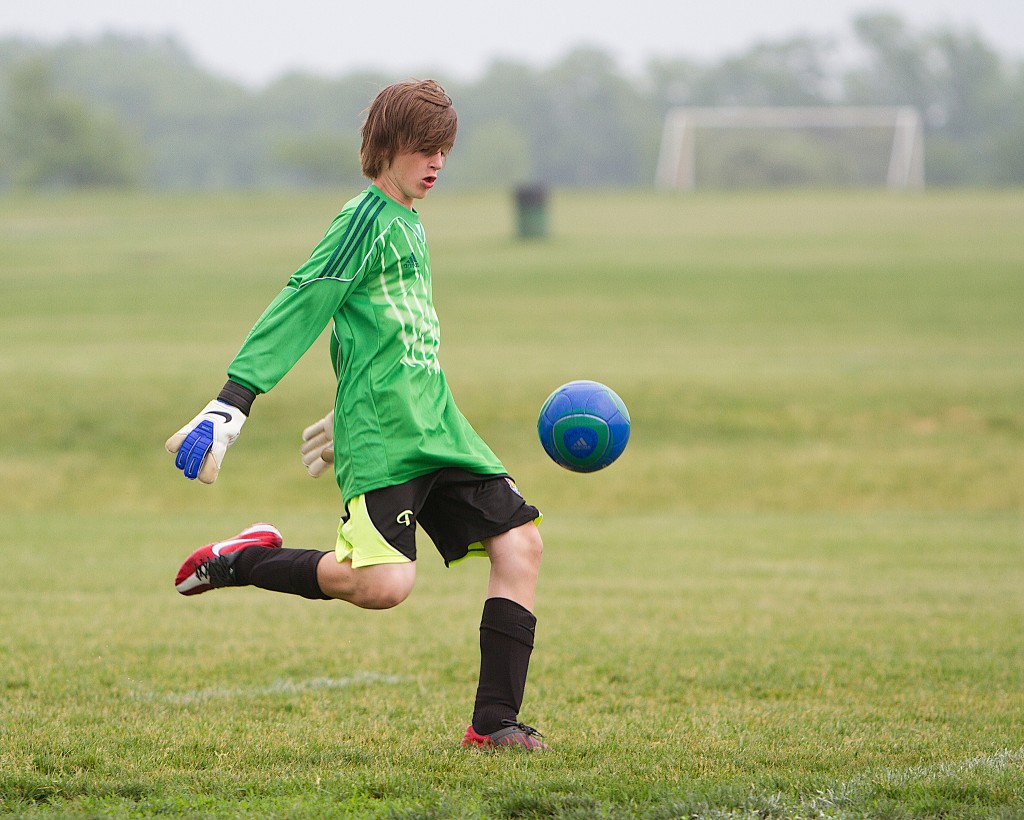The risk of a foster child engaging in the use of illicit drugs is even higher than for other kids. Their potential for drug abuse is exacerbated by having biological parents who take drugs. This background creates a greater tendency for physiological and psychological addiction. The use of drugs to cope with life was often modelled by birth parents. Foster kids feel that they don’t fit in anywhere and this may incline them to take drugs to join a group.
How Prevalent Is Drug Addiction In Older Foster Children?
According to one study, 45% of foster children aged 17 used drugs or alcohol in the preceding six months. Altogether, 49% had done so at some point during fostering. Substance Use Disorder (SUD) was diagnosed in 35% of the study participants.
Children who were diagnosed with Conduct Disorder were more likely to have SUD. Post-Traumatic Stress Disorder (PTSD) was often comorbid with the misuse of multiple substances. With a history of being physically abused (46%), physically neglected (46%), or sexually abused (35%) in the biological home, foster kids were predisposed to PTSD. Foster children who had been abused started using drugs at a younger age, took more types of illicit substances, and used larger amounts of drugs than their peers growing up with their biological families.
Additional risk factors for substance abuse included a lack of parental supervision, being rejected for gender identity, low performance and/or low attendance at school, having a mental health disorder, witnessing abuse and violence, having a chronic physical condition, and being involved in a serious accident.
Identifying Drug Abuse
As a foster parent, you need to educate yourself on the five categories of drugs. Make sure you know what symptoms to look out for. It has been suggested that as soon as a child is referred to foster care they should be screened for mental illness and illicit substance use. Whether this recommendation is worth pursuing or not, it would not start the fostering relationship on a footing of trust if the foster parents were involved in any screening of this nature. It should be left to the social worker to arrange this if it is necessary.

A common sign of substance abuse is a marked change in behaviour that occurs abruptly. The warning indicators are unusual or previously unexpressed hostility, constant exhaustion, withdrawal from interacting, or depression. This may be accompanied by a lack of appetite and changes in sleeping patterns, for example suddenly sleeping every afternoon. There is likely to be a reluctance to spend time with the family and a decline in carrying out favourite activities. Grooming may become careless or non-existent. School grades would suffer, and attendance would be affected. These signs often go hand-in-hand with transferring to a new peer group.
Treatment and Support
You need to be at your best to cope with the demands of a foster child with drug addiction and may qualify for a short break care fostering. Ask your foster agency about this option if you need a breather.
The social worker will be on hand to find a suitable rehabilitation programme for your foster child. It is easier to get the child into one while they are still in foster care. Behavioral therapies have been successful in treating SUD. Mental conditions need to be treated simultaneously.
Continue to support and love your foster child. It may take time and patience, but most kids overcome their addictions with the right help.
